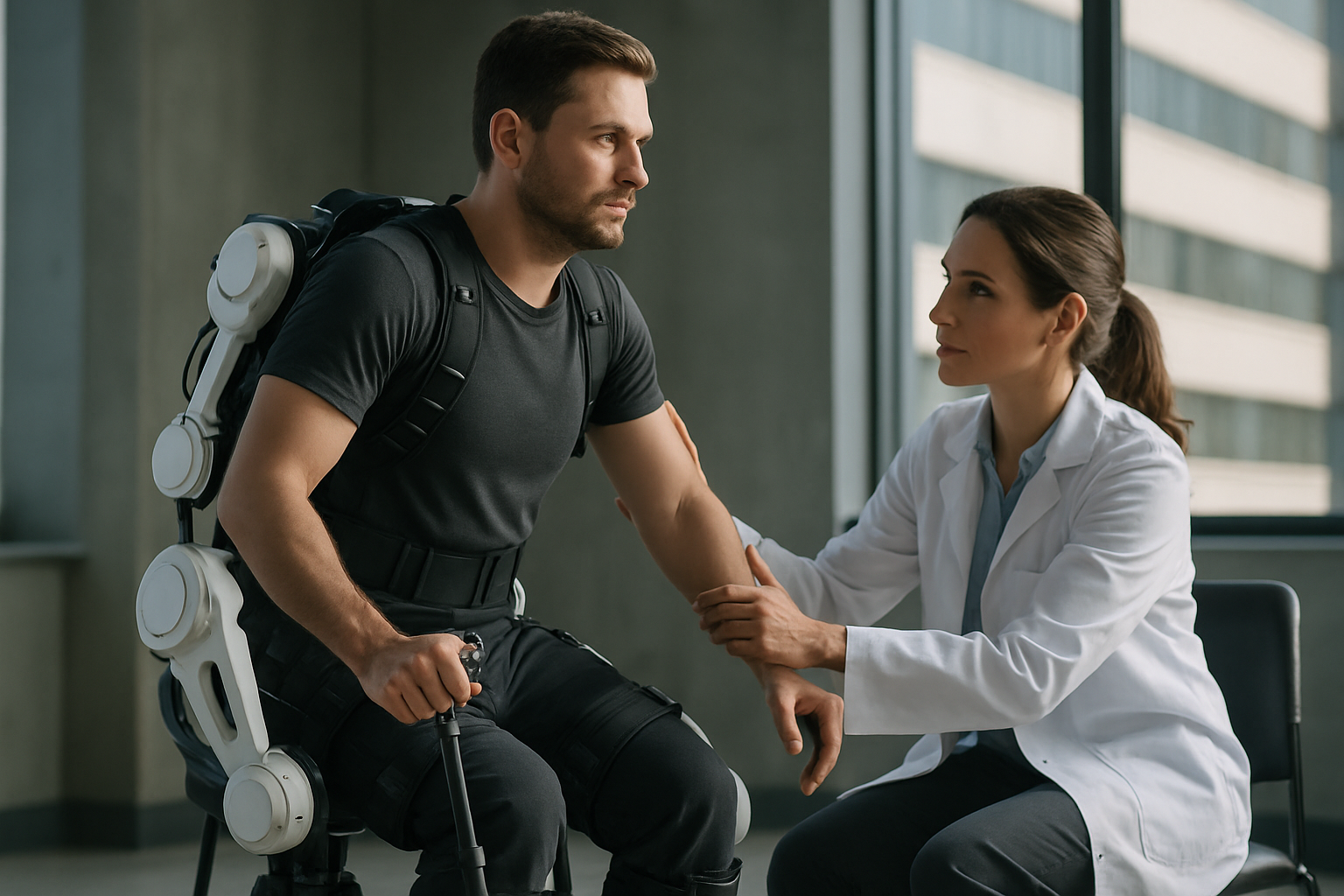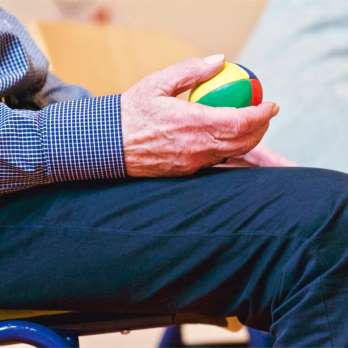Neurological Rehabilitation Programs for Physical Recovery
Neurological rehabilitation programs support recovery for individuals with nervous system injuries or disorders. Through tailored therapies, exercises, and cognitive training, these programs help restore function, improve mobility, and enhance independence, promoting better quality of life and long-term recovery outcomes.

How Neurological Rehabilitation Programs Aid Recovery
Neurological rehabilitation programs aid recovery through a multidisciplinary approach that targets the brain’s natural ability to reorganize and form new neural connections, known as neuroplasticity. These programs typically involve physical therapists, occupational therapists, speech-language pathologists, and other specialists working together to address specific deficits caused by neurological conditions.
The recovery process begins with comprehensive assessment and evaluation to identify areas of impairment and establish baseline function levels. Therapists then develop individualized treatment plans that focus on repetitive, task-specific exercises designed to stimulate neural pathways and promote motor learning. This may include gait training, balance exercises, coordination activities, and functional movement patterns that mirror daily activities.
Advanced techniques such as electrical stimulation, robotic-assisted therapy, and virtual reality training are increasingly integrated into these programs. These technologies help facilitate muscle activation, provide precise movement guidance, and create engaging environments that motivate patients to participate actively in their recovery process.
Benefits of Neurological Rehabilitation Programs
The benefits of neurological rehabilitation programs extend far beyond basic physical improvements. Patients often experience significant gains in motor function, including improved strength, coordination, and movement control. These improvements translate directly into enhanced ability to perform activities of daily living such as walking, dressing, eating, and personal care tasks.
Cognitive benefits are equally important, as these programs often address attention, memory, problem-solving, and executive function skills that may be affected by neurological conditions. Speech and language therapy components help patients regain communication abilities, while occupational therapy focuses on adapting environments and teaching compensatory strategies for persistent challenges.
Research demonstrates that patients who participate in structured neurological rehabilitation programs show better long-term outcomes compared to those receiving standard care alone. These benefits include reduced disability levels, decreased risk of complications, improved independence, and enhanced overall quality of life for both patients and their caregivers.
Types of Neurological Rehabilitation Programs
Neurological rehabilitation programs vary in intensity, duration, and setting to meet diverse patient needs. Inpatient programs provide comprehensive, intensive therapy for individuals with acute conditions or severe impairments who require 24-hour medical supervision. These programs typically offer three or more hours of therapy daily across multiple disciplines.
Outpatient programs serve individuals who can live at home while receiving regular therapy sessions. These programs offer flexibility in scheduling and allow patients to practice skills in their natural environment while maintaining access to specialized care. Day rehabilitation programs bridge the gap between inpatient and outpatient care, providing intensive therapy during daytime hours while allowing patients to return home each evening.
Specialized programs target specific conditions such as stroke recovery, traumatic brain injury, spinal cord injury, Parkinson’s disease, and multiple sclerosis. Each program incorporates evidence-based interventions tailored to the unique challenges and recovery patterns associated with different neurological conditions.
| Program Type | Provider Examples | Duration | Estimated Cost Range |
|---|---|---|---|
| Inpatient Rehabilitation | Shirley Ryan AbilityLab, Mayo Clinic | 2-6 weeks | $30,000-$100,000 |
| Outpatient Therapy | BenchMark Physical Therapy, ATI Physical Therapy | 6-12 weeks | $2,000-$8,000 |
| Day Programs | Encompass Health, Select Medical | 4-8 weeks | $15,000-$40,000 |
| Specialized Programs | TIRR Memorial Hermann, Burke Rehabilitation | Variable | $10,000-$60,000 |
Prices, rates, or cost estimates mentioned in this article are based on the latest available information but may change over time. Independent research is advised before making financial decisions.
Selecting Appropriate Neurological Rehabilitation Programs
Choosing the right neurological rehabilitation program requires careful consideration of multiple factors including the patient’s specific condition, severity of impairment, medical stability, and personal goals. Healthcare providers typically conduct thorough evaluations to determine the most appropriate level of care and treatment setting.
Program accreditation and outcome data provide important indicators of quality care. Look for facilities accredited by the Commission on Accreditation of Rehabilitation Facilities (CARF) or similar organizations that maintain high standards for neurological rehabilitation services. Additionally, consider programs that track and report patient outcomes, demonstrating their commitment to evidence-based practice and continuous improvement.
Location and accessibility also play crucial roles in program selection. While specialized centers may offer advanced treatments, local services in your area might provide adequate care with the added benefit of family support and familiar surroundings. Insurance coverage and financial considerations often influence program choice, making it essential to verify benefits and understand potential out-of-pocket expenses.
The effectiveness of neurological rehabilitation programs depends heavily on early intervention, patient motivation, and consistent participation. These specialized programs offer hope and tangible improvements for individuals facing neurological challenges, utilizing cutting-edge techniques and comprehensive care approaches to maximize recovery potential. While outcomes vary based on individual circumstances, the evidence strongly supports the value of structured neurological rehabilitation in achieving meaningful functional improvements and enhanced quality of life.
This article is for informational purposes only and should not be considered medical advice. Please consult a qualified healthcare professional for personalized guidance and treatment.




